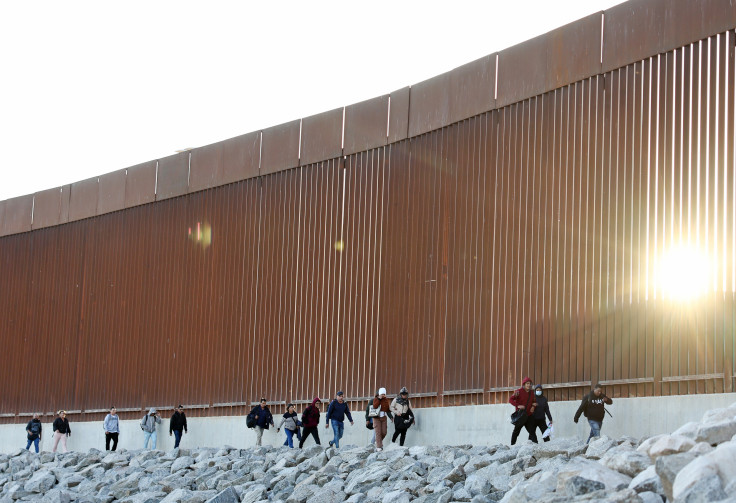
President-elect Donald Trump has promised to carry out the largest mass deportation operation in American history. But as he prepares to send millions of immigrants back home, countries in Central and South America are ill-equipped to receive an influx of vulnerable immigrants escaping violence, famine, economic instability, and more.
Some countries in Latin America, most prominently Venezuela, refuse to accept deportation flights from the U.S., complicating mass deportation plans. That is why, as Trump assumes office in late-January, the focus will be on countries like Honduras, Guatemala and El Salvador, which have the largest number of people living illegally in the U.S., after Mexico, a new analysis by the Associated Press suggests.
The news outlet also explains that, despite the Trump administration's promise to begin deporting criminals only, the obstacles presented by Venezuela— which has an ever-growing migrant population in the U.S.— may inspire to prioritize deporting "the most vulnerable" migrants in Central America who have removal orders but no criminal record, in an effort to rapidly increase deportation numbers.
"Hondurans, Guatemalans, Salvadorans need to be very, very nervous because (Trump officials) are going to press the bounds of the law," said Jason Houser, former Immigration & Customs Enforcement chief of staff in the Biden administration.
But experts and migrants alike worry that sending these migrants back to their home-countries, some of which have been overtaken by gang violence and insecurity, will continue to deepen long-running economic and humanitarian crises, fueling migration back to the U.S. in the long run.
"Central American countries are poorly prepared to receive a significant influx of deportees from the United States," said Washington College's Political Science Department Chair Christine Wade to The Latin Times. "There simply isn't the state capacity for it. None have large relocation or reintegration programs. Most of those programs are currently managed by non-governmental organizations, not the state. There are no real social safety nets for current residents, much less returning populations."
For instance, approximately 560,000 Hondurans, about 5% of the country's population, live in the U.S. without legal status, according to U.S. government figures. If they are deported to Honduras, a country gripped by gangs, deportees will have few options for work to pay crippling debts, with some of them even unable to return home because of the gang members circling their houses.
"We don't have the capacity" to take so many people, said Antonio Garcia, Honduras' deputy foreign minister to AP. "There's very little here for deportees." People who return, he said, "are the last to be taken care of."
Making matters worse, as Wade points out, "the loss of remittances that would occur from mass deportations would create further strain on these countries, as these economies are highly dependent on those funds."
"More than half of Guatemalans and Hondurans currently live below the poverty line," she concluded. "The impact of mass deportations would certainly depend on the number of returnees, but even relatively small numbers could be potentially destabilizing."
© 2025 Latin Times. All rights reserved. Do not reproduce without permission.




